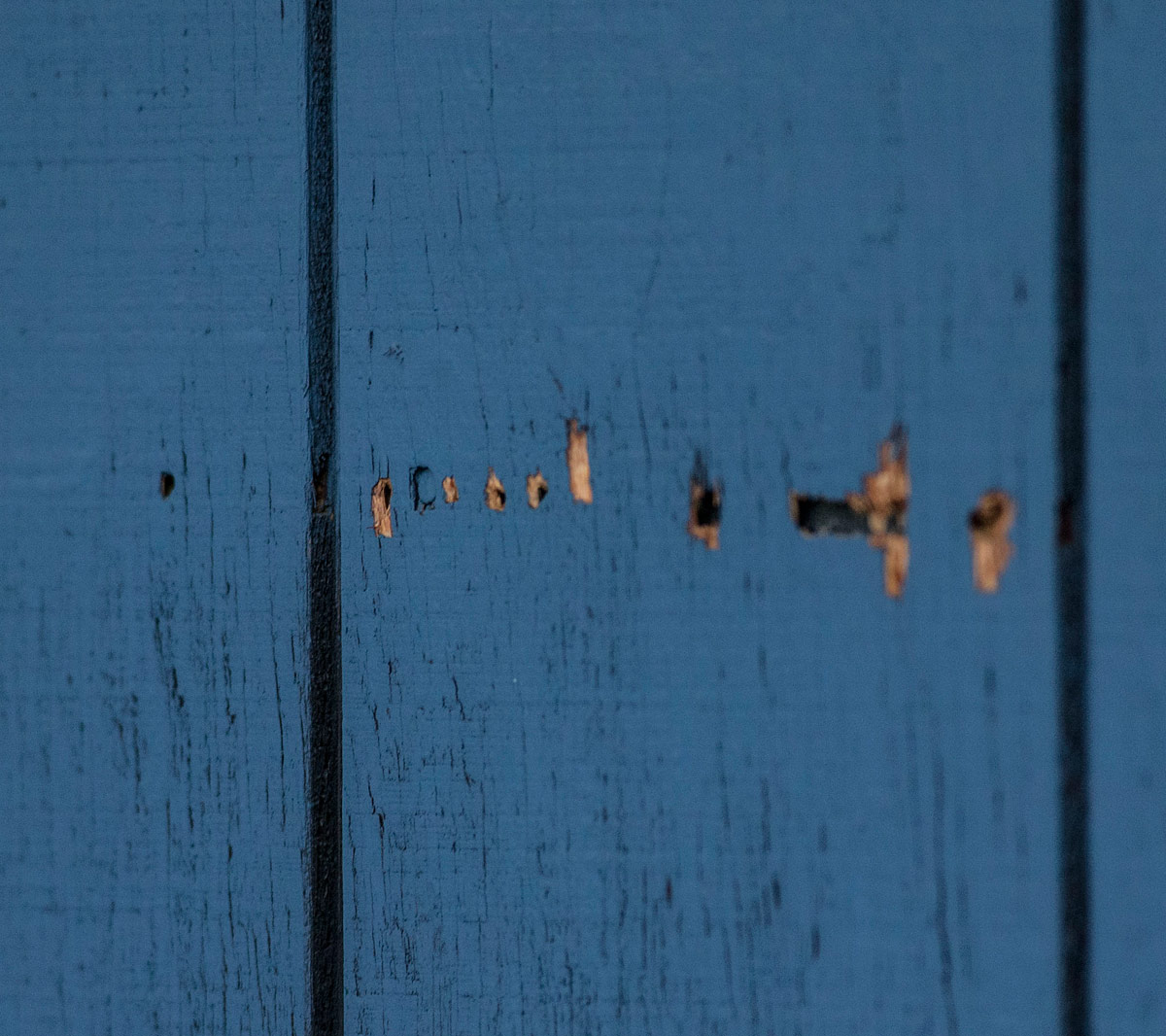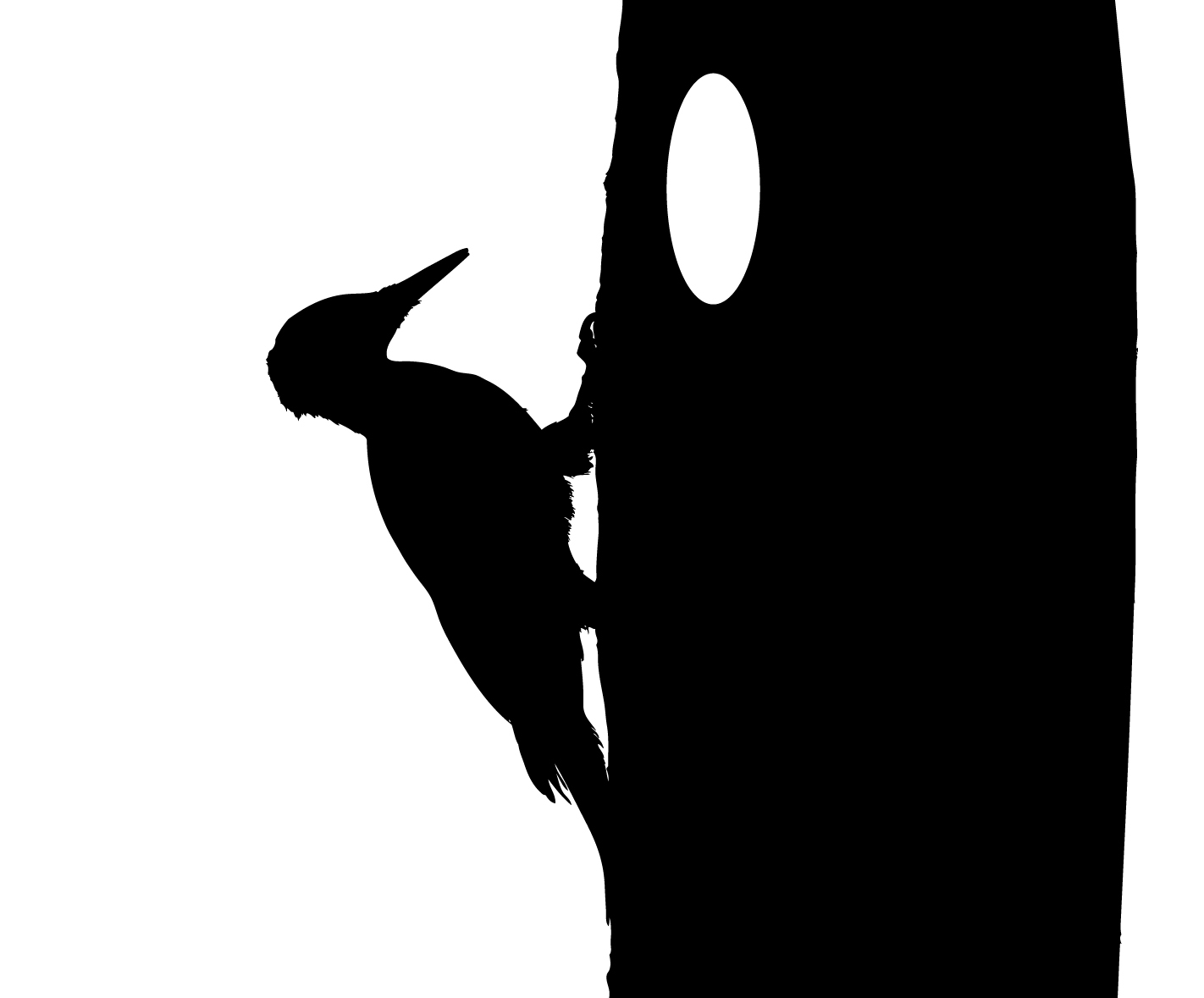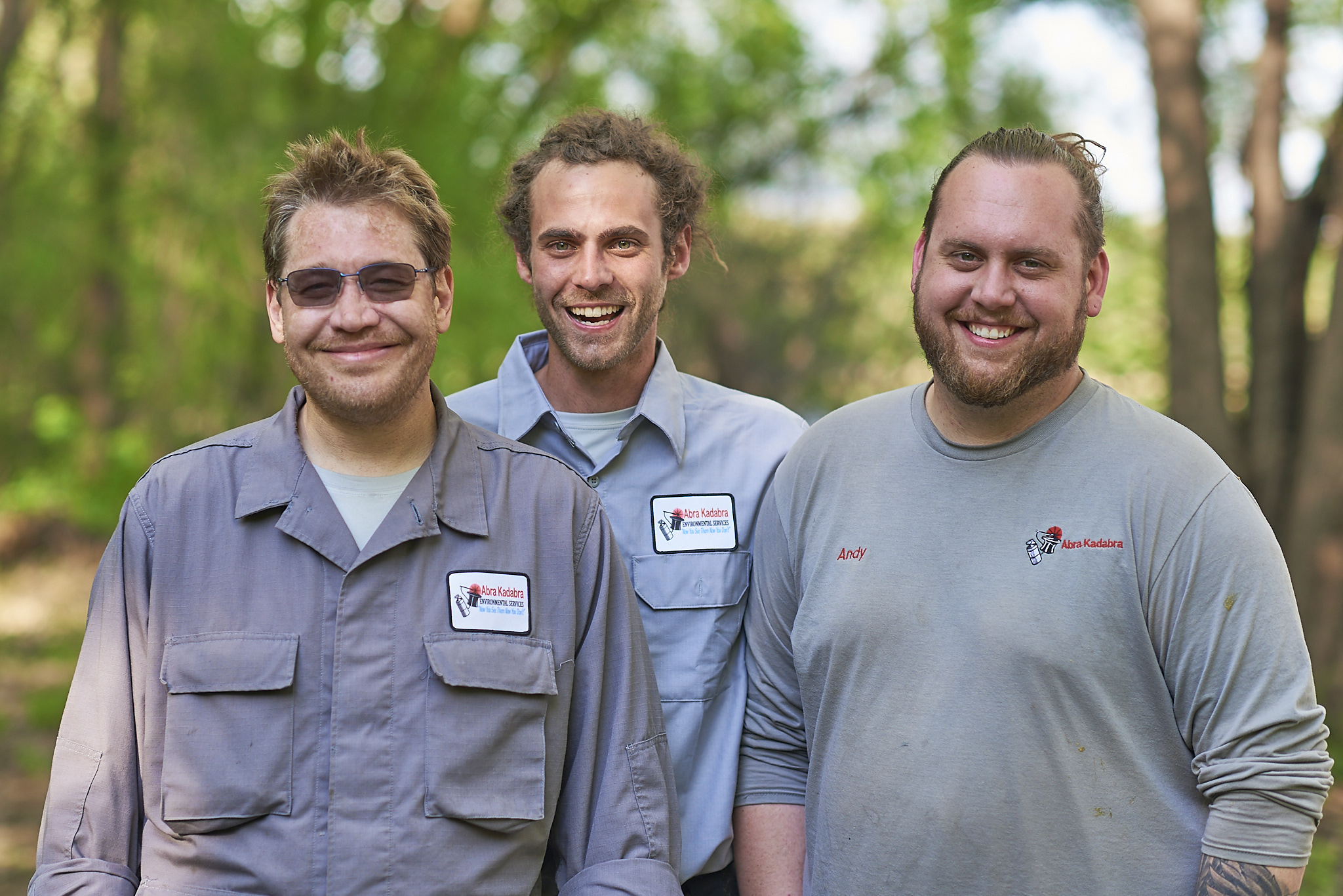Woodpecker Control Services
View Our Woodpecker Control Packages

PLATINUM

GOLD

SILVER
3 Reasons For Woodpeckers Pecking on Your House
The drilling noises are ways for a woodpecker to proclaim its territory as well as find a mate. This territorial and breeding behavior can be both annoying and damaging. This type of woodpecker damage often comes in the form of small dents in the wood, grouped in clusters. These types of holes are often small, round and shallow. If the woodpeckers are drilling holes for these reasons, they will likely stop once breeding has begun in the spring.
Roosting and nesting holes are another reason for woodpecker’s drilling. This issue is more common in houses that are closer to wooded areas. Holes are usually round and large for a nesting cavity. Woodpeckers drill for nesting holes around late April and May while roosting holes are usually formed in late Summer and Fall in preparation for Winter.
To eat insects that live within the siding is another commonly known reason for a woodpecker’s drilling. This is known as foraging behavior. The types of holes formed in this situation are small and irregular. Woodpeckers are fond of insect larvae and will go after them by drilling perfectly horizontal rows of holes along the siding of a home. If you notice these types of holes on your home’s siding, it is important to get rid of the woodpecker’s food source before the damage continues and gets worse.
We’re here to help! If you have woodpecker damage on the exterior of your home, contact us today for woodpecker control services.



Woodpecker Behavior & Facts
- Commonly eat insects, as well as fruit, acorns and nuts
- Pointed beak is designed to remove bark and find hiding insects
- Can grip to surfaces vertically with their zygodactyl feet
- Can peck up to 20 times per second
Most common species in Minnesota:
- Pileated Woodpecker
- Downy Woodpecker
- Hair Woodpecker
- Red-Bellied Woodpecker
- Northern Flicker
- Red-Headed Woodpecker
- Yellow-Bellied Sapsucker
Contact Us Today For Woodpecker Prevention!







